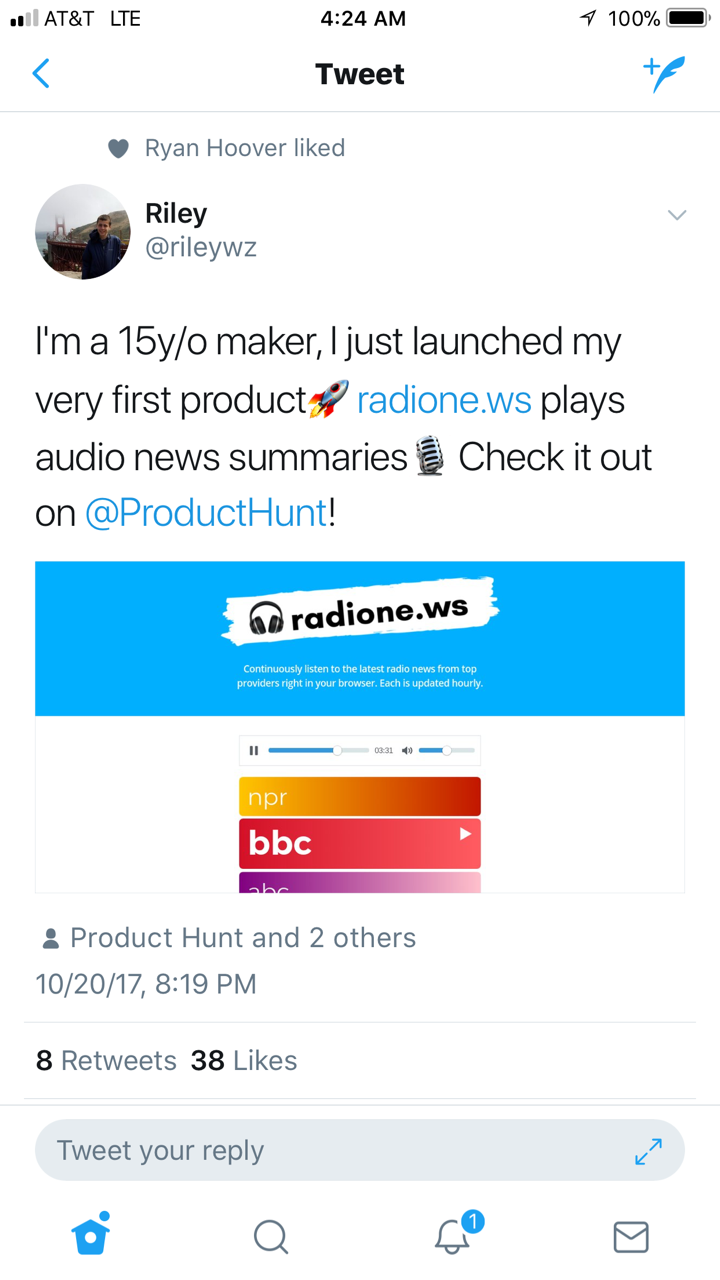Facebook Adjusts Like and Share News Feed Spam
If your website depends on Facebook much like we humans depend on oxygen, then I suggest you better find a back air tank and real soon.
Gone are the days that you can share a post for the masses to see without paying one dime.
If you’ve had a personal or even a business page on Facebook, then you’ve figured out that not every post will reach your entire fan base when you choose not to pay.
For last 2 years, Facebook has cracked down on the promotion of business posts, and forcing businesses to use pay-per-post advertising.
Even when you do pay, only an additional segment of your entire fan base will see the posted message.
You have to pay premium pricing for your entire fan base to see your promoted message no matter how many likes or shares you receive for the promoted message.
And for those of you that are working the news feed loophole of the direct like and share ask while keeping the message personal but pointing to a business page, that’s come to an end too.
Facebook recently announced that it’s released a new newsfeed algorithm to crack down on the amount of Facebook news feed spam.
Essentially, many people are crafting their news feed posts to be more direct in regards to asking people to like and share a post or page, also known as “like-baiting” and “share-baiting”.
The more a post is liked and shared by the masses, the more likely the post will stay in high visibility in everyone’s newsfeed.
And of course, by gaming newsfeeds, this means that scammers are taking a huge chunk out of Facebook’s advertising revenue for pay-per-click and pay-per-view ads.
Let’s admit to it. We’re guilty of asking people to like our business page, a recent post from our content marketing strategy, or a photo to win some contest, or just things that we deem important and want the rest of the cyber world to stand with us.
But where a few have taken a step into the dark side is requesting people to like or share a post that is linked to spam.
Typically, scammers try to phrase their post with enticing content or directive that engages people to like or share out of curiosity.
Then, instead of linking to subject matter as referenced in the post, scammers link to a page full of pay-per-click ads, or websites with malicious spyware.
Either way, most scammers are trying to make money with the least amount of money and time invested.
But again, that shipped has long sailed and is now sunk.
Scammers will now have to move on to different tactics to outsmart Facebook.
For more about the latest update on the Facebook news feed spam algorithm, read the entire article found in the Facebook Newsroom.













